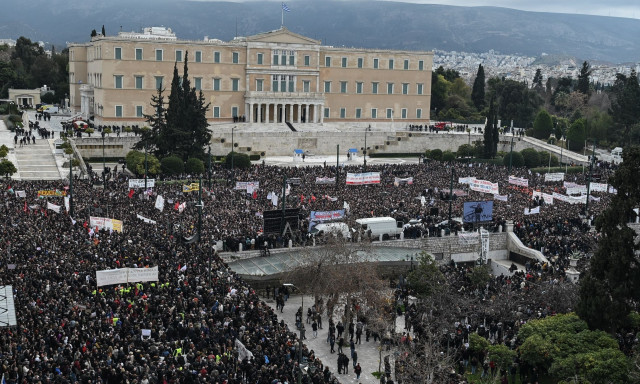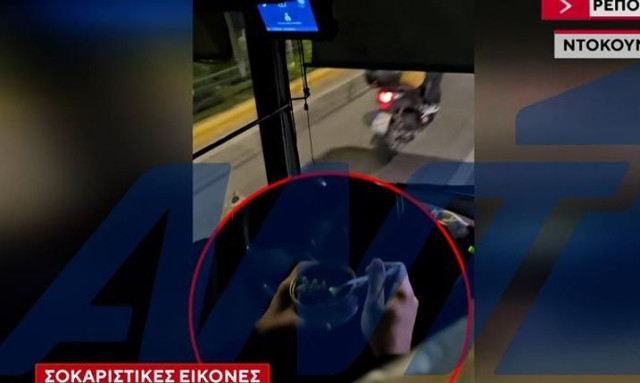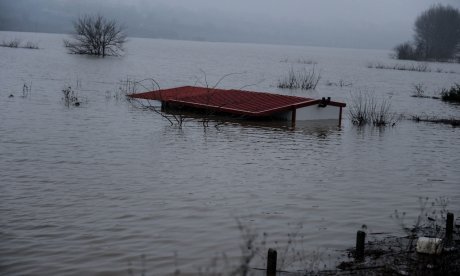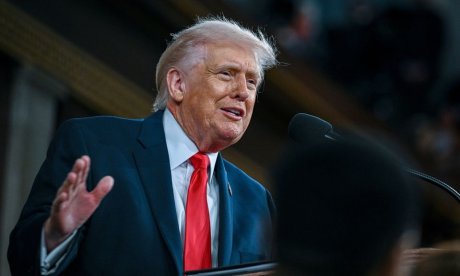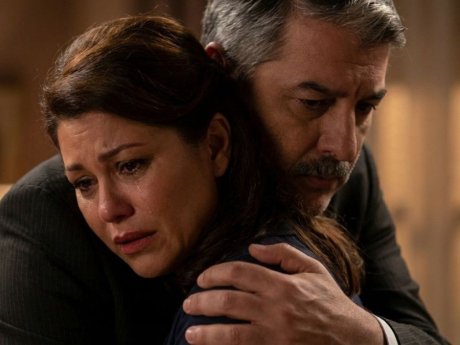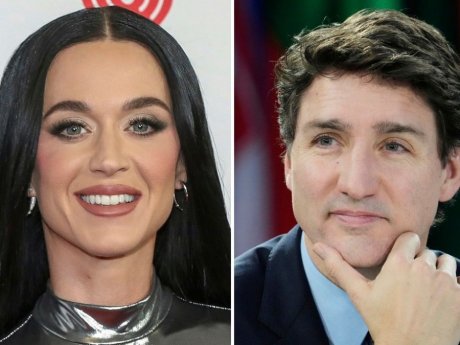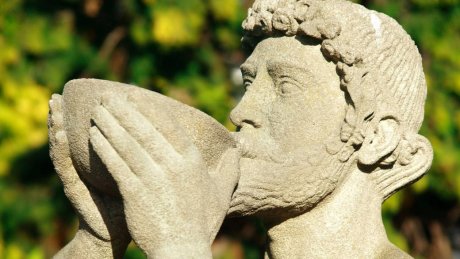Greek President Sakellaropoulou holds state dinner for Montenegrin President Djukanovic
Greece fully supports Montenegro's European Union accession path, and the expansion of bilateral relations between the two countries, leading to stability and progress in the greater region, Greek President Katerina Sakellaropoulou told her visiting counterpart of Montenegro, Milo Djukanovic, during a state dinner on Tuesday.
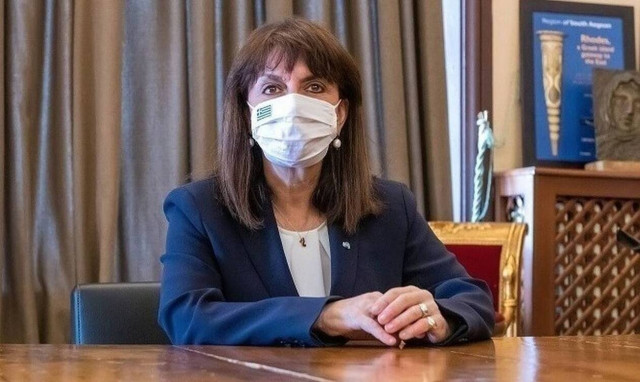
Djukanovic, who arrived in Athens on Tuesday, is the first Montenegrin president to pay a visit to Greece since his country's independence in 2006.
In her address, Sakellaropoulou said that "for Greece, the prospect of the full accession of West Balkans in the European Union is in Europe's political and economic interest, especially during these times of increased regional and global challenges." Greece is prepared to help in the accession as long as Montenegro continues to commit to the strategic European integration and promote reforms in the state of law, freedom of expression and mass media, she noted.
Greece and Montenegro have had diplomatic relations in the last 140 years and share a hero of the Greek Revolution originating from Montenegro, Vassos Mavrovouniotis, who she said "symbolizes the two countries' joint trajectory and deep respect for one another."
Relations between the two countries have much room for expansion, particularly in sectors of joint interest - economy, startup entrepreneurship, tourism, energy and investments - while the development of interconnectivity, transport and related infrastructure can bring both peoples closer, Sakellaropoulou said. Cooperation is already at a high level in the military sector, she noted, as 26 Montenegrin students have graduated from Greek National Defense schools and another 18 are currently attending them, including a woman who is attending the flying academy. The same academy has produced Montenegro's first female pilot in the armed forces, she revealed, "which I am particularly happy about."
Montenegro's President Djukanovic responded that the first visit by a president of his country to Greece since 2006 "is a visit to our historic friend, our trustworthy partner and ally." His presence in Greece, he said, "is proof of the appreciation and sincerity toward your country, and of my wish to reaffirm anew the new ties of collaboration and partnership, as well as begin new ones." The visit will provide an impetus to expand relations further, "confirm our strong ties and continue to build a joint European future," he noted, also referring to Vassos Mavroviounitis as a reminder of the joint history of liberation.
His country, Djukanovic said, particularly appreciated Greece's support in its further democratic development and its path toward EU accession. "We are happy Greece recognizes our efforts in this direction and the results we constantly achieve," he noted.
The Montenegrin president also said, "By uniting the joint values of democracy and Transatlantic Alliance, cultivating a tradition deeply rooted in the heritage of the Balkans and Southeastern Europe, I believe we are creating the foundations for a safer, better, and more prosperous life for all our citizens."
Both leaders concluded their speeches by wishing each other's peoples the best, particularly health and prosperity.


